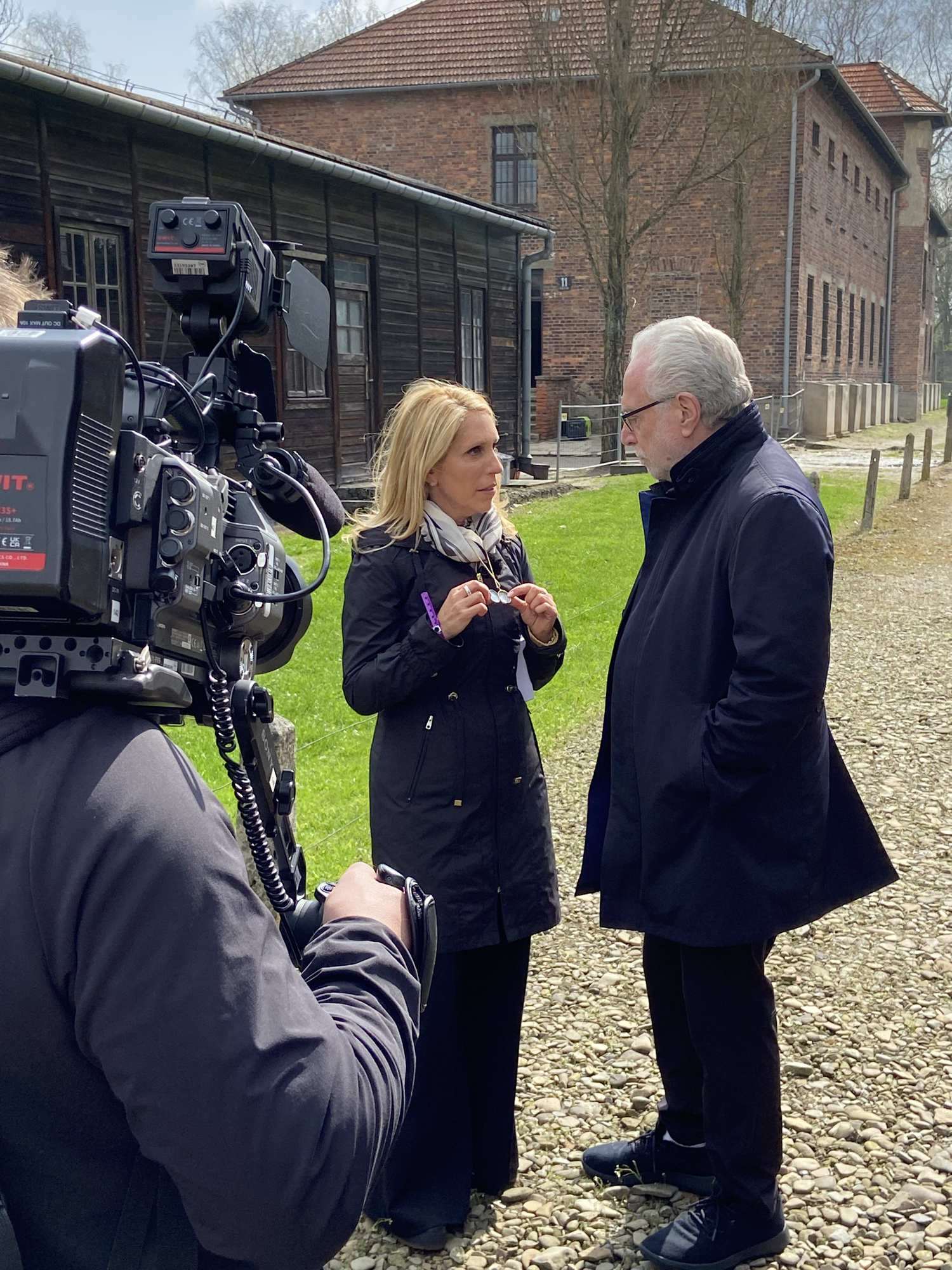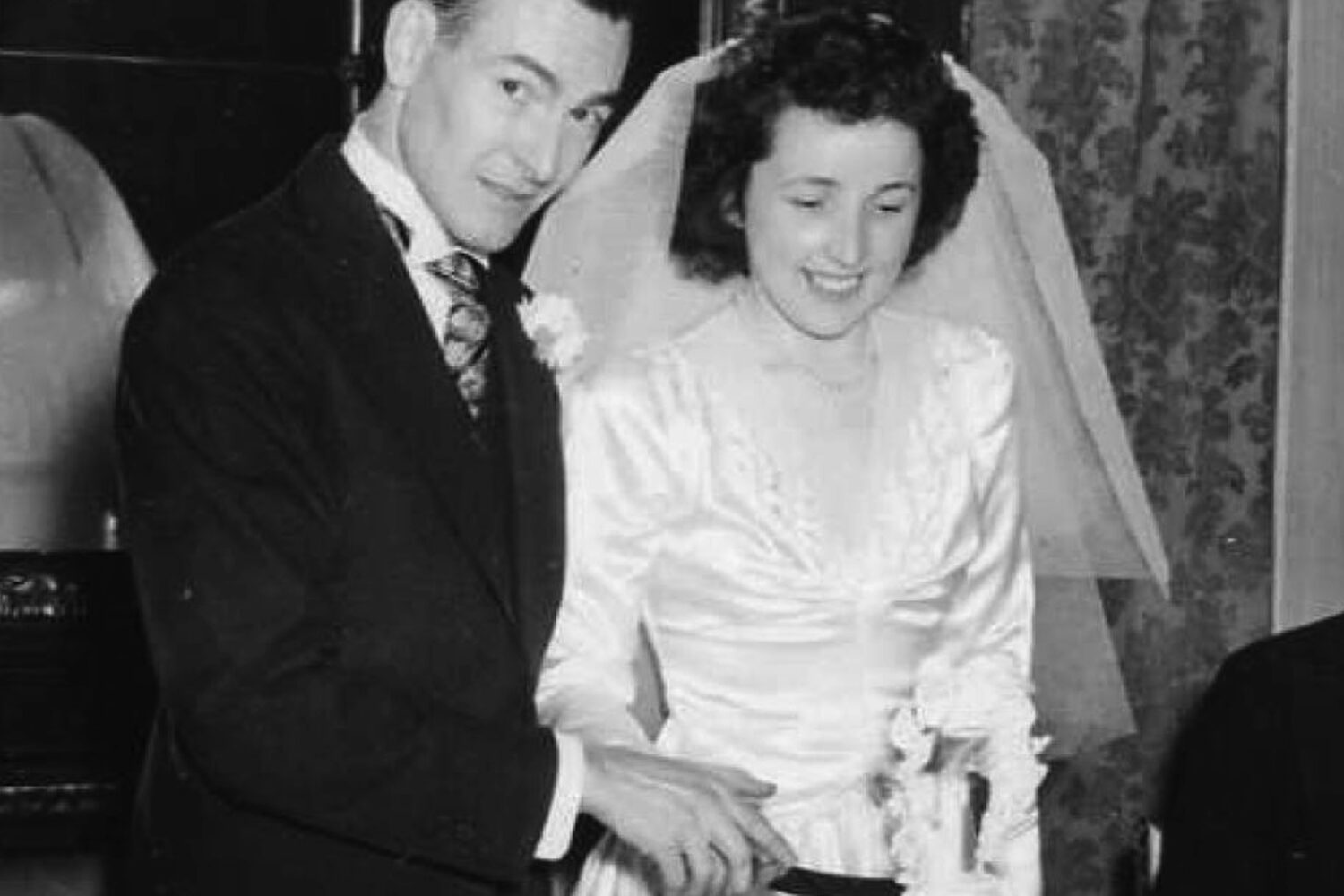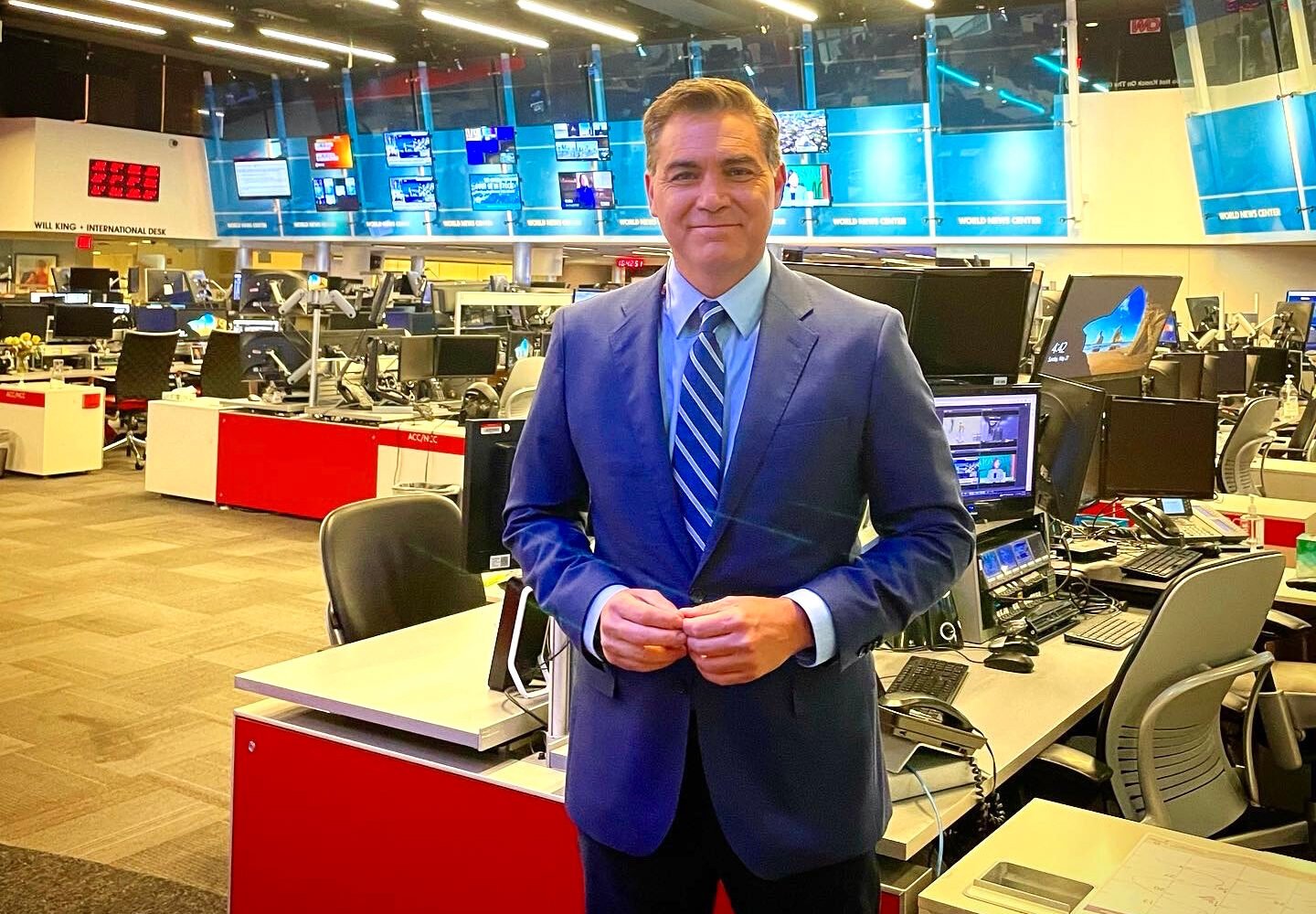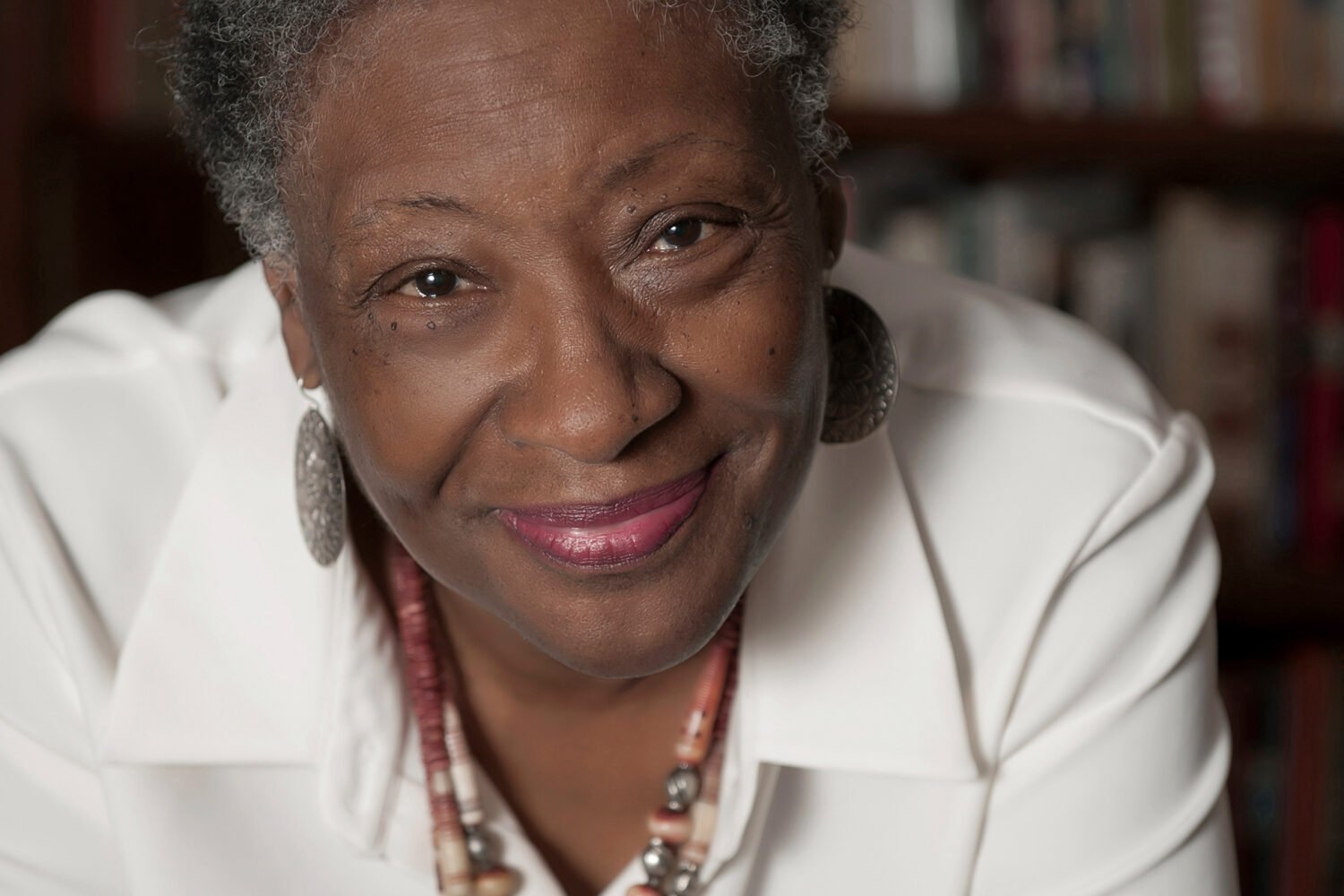Earlier this year, Warner Bros Discovery CEO David Zaslav approached CNN’s Dana Bash and Wolf Blitzer with a question: Would they be interested in traveling to Poland to walk in the 35th International March of the Living, in honor of the Warsaw Ghetto uprising’s 80th anniversary? Zaslav had a relative who died in the ghetto, and he knew that Bash and Blitzer—DC-based anchors of CNN programs—also had connections to the Holocaust: Bash’s maternal great-grandparents and great-aunt died in the Holocaust, as did all of Blitzer’s grandparents. Both agreed to visit Auschwitz-Birkenau, and they produced several reports from Poland in an effort to combat Holocaust denial. Bash reflects here on the journey.
“I was never the person to think, ‘I really feel the need to go to Auschwitz.’ I probably would have been okay not going had it not fallen in my lap—but I’m glad it did.
“It was powerful to be there, not only with Wolf but with my brother. We’re the kids of people who survived, so we have the same life experience of listening to our grandfather tell us stories of what it was like to get out of Europe, of knowing our mother was born just days after her mother discovered her entire family was killed.
“I don’t remember ever not knowing about the Holocaust, but to actually see it, hear it, breathe it—now it feels more ingrained into the molecules of my body.
“On the trip, I was wearing a locket. I try to wear it on special occasions, but I’m so afraid I’m going to lose it. It was my great-grandmother’s, and when she gave it to my grandmother, she didn’t realize it would be the last time they saw each other. Nor could she have known the locket would take on the importance it has. I remember my mom wearing it all the time when I was younger. I remember looking at the picture of her grandmother in it. When I had my son, my mom gave me the locket and placed a picture of him beside my great-grandmother’s.
“Wearing it, I completely feel I’m keeping her memory alive. I’m keeping my great-grandfather’s memory alive; their daughter, my great-aunt, who died; and everything they stood for and hoped for their lives and family. I hope somewhere, somehow, they see their family is still alive, still enjoying life, still creating the next generation and the generation after that—exactly what Hitler tried to stop. So we’re defying him every day.”
This article appears in the July 2023 issue of Washingtonian.



















